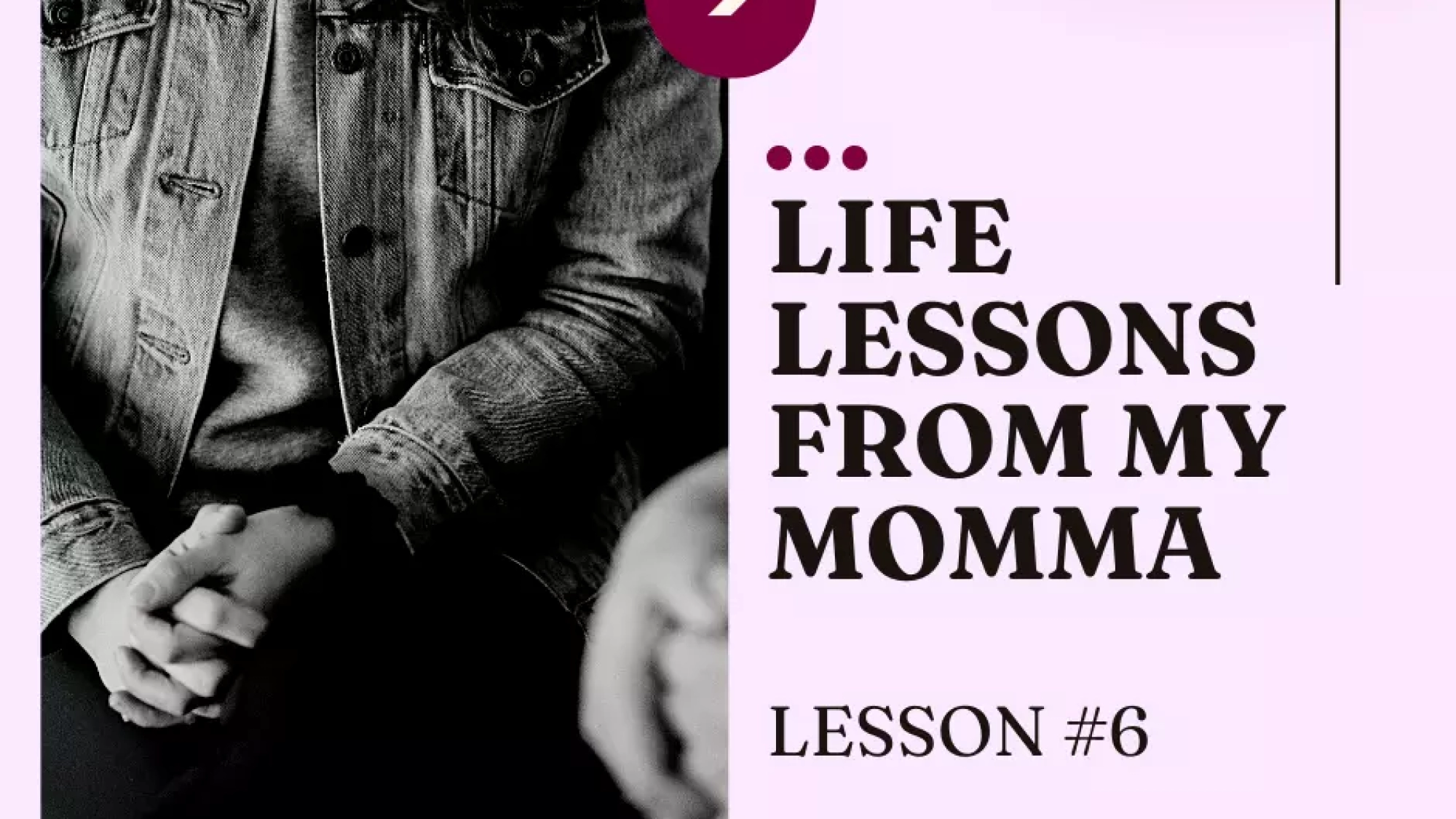Before we delve into communication issues I want my readers to know that when I married my husband, I was told that this new relationship is now my most valuable one. I was caught off-guard at first because I value all of my relationships. But overtime, I realized how this made sense. When you are married or in a committed relationship, your partner instantly becomes your primary source of support and stability. So where can these communication issues occur? They are the ones you are likely to turn to when you experience high stress or life challenges. They are who we spend the most time with and are therefore a key influence to our own happiness. Sometimes this can be the area where communications begin to breakdown.
What do you do when your partner is unable to support you in the way you need? What happens when your relationship becomes stressful and requires “hard work” and effort? Well, the important factor is to communicate. However, this may be difficult “in the heat of the moment,” when couples experience hurt or even resentment. One option to consider is to take a step back and re-approach the problem when both partners have had some time to “cool off.”
Poor communication and lack of emotional intimacy can create barriers to genuine connection and understanding in relationships. When partners struggle to express their needs, fears, and vulnerabilities openly and honestly, emotional distance and loneliness can ensue, eroding the foundation of the relationship.
When the time is right, it may helpful to implement some of the suggestions listed below. Not only can these small gestures help solve ongoing problems, they may also help strengthen the intimate bond and connection between two people who ultimately want the same goal.
These suggestions have shown to be helpful in many of my own clients, who have shared the specific changes that have helped them overcome even the toughest communication issues in their relationship:
Listen openly and reserve defenses
Respect one another’s points of view and perspective, even if you don’t agree with them. Acceptance and understanding are important in moving forward in any relationship.
Utilize empathy and validation
Everyone wants to feel heard-especially by the people who matter most to them. This makes us feel “we are not alone” in our struggles and the meanings being our emotions are clearly understood.
Respond genuinely
It is always best to be honest, especially when having difficult conversations with your spouse or partner. Trust and Intimacy are built on honesty and genuine connection.
Be mindful of your words as well as your tone
When communicating, simply raise your personal awareness to how you respond. Remember the true intention of the messages you would like to convey and think of how your messages can be interpreted.
It never hurts to share your appreciation
When you recognize your partner is making significant progress and positive changes within your relationship-let them know. It can be motivating when one hears that their efforts are not only recognized but valued as well.
In conclusion, its important to recognize if you are stuck in this pattern and imagine what it was like before you and your partner suffered from this potential negative communication cycle. You both could benefit from couple’s therapy is a courageous and proactive step towards fostering growth, healing, and deeper connection. By addressing persistent communication breakdowns, recurring conflicts, loss of emotional intimacy, impact of external stressors, and differing expectations and goals, couple’s therapy offers a supportive environment for couples to navigate challenges and cultivate a thriving relationship. Dispelling misconceptions surrounding therapy and embracing its transformative power can empower couples to embark on a journey of growth, resilience, and lasting love.



